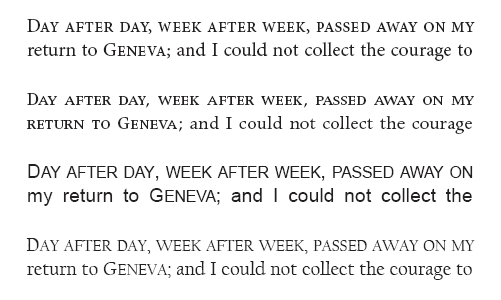
Not everyone is suited to be a copyeditor. Are you detail-oriented? Do you like working alone? Do you have a high level of reading comprehension? Can you spot “facts” that can affect the credibility of your client’s work? Are you willing to question your corrections?
Do you have an excellent grasp of spelling, punctuation, and grammar — good enough that you can concisely explain problems and solutions to clients? Do you understand the importance of style in communicating tone and meaning? Have you mastered Microsoft Word and do you know how to use macros to increase your productivity?
If copyediting is for you, I recommend starting with on-the-job experience if possible. You will make mistakes, and it helps to have someone tell you when you’re overediting or being undiplomatic or clinging to a rule you learned in grammar school that is just plain wrong. While working, build your reference library — dictionaries, style manuals, business books. At a minimum you should have The Chicago Manual of Style and Merriam-Webster’s Collegiate Dictionary. These references are the standard for commercial publishing in the U.S.
If you need training, here are a few sources:
Lots of good books cover the business of editing in far more detail than I can here. When I was starting out I found this book helpful: How to Open and Operate a Home-Based Writing Business by Lucy V. Parker. It may be outdated now. You can search online for books of interest and then request them at your library. If you plan to work directly with authors, you may find Dan Poynter’s The Self-Publishing Manual helpful in assisting your clients.
ETA The Business of Editing by Rich Adin has just been released:
Amazon (Kindle and print) | EPUB | Barnes & Noble (print)
Here are some other sources of helpful information:





